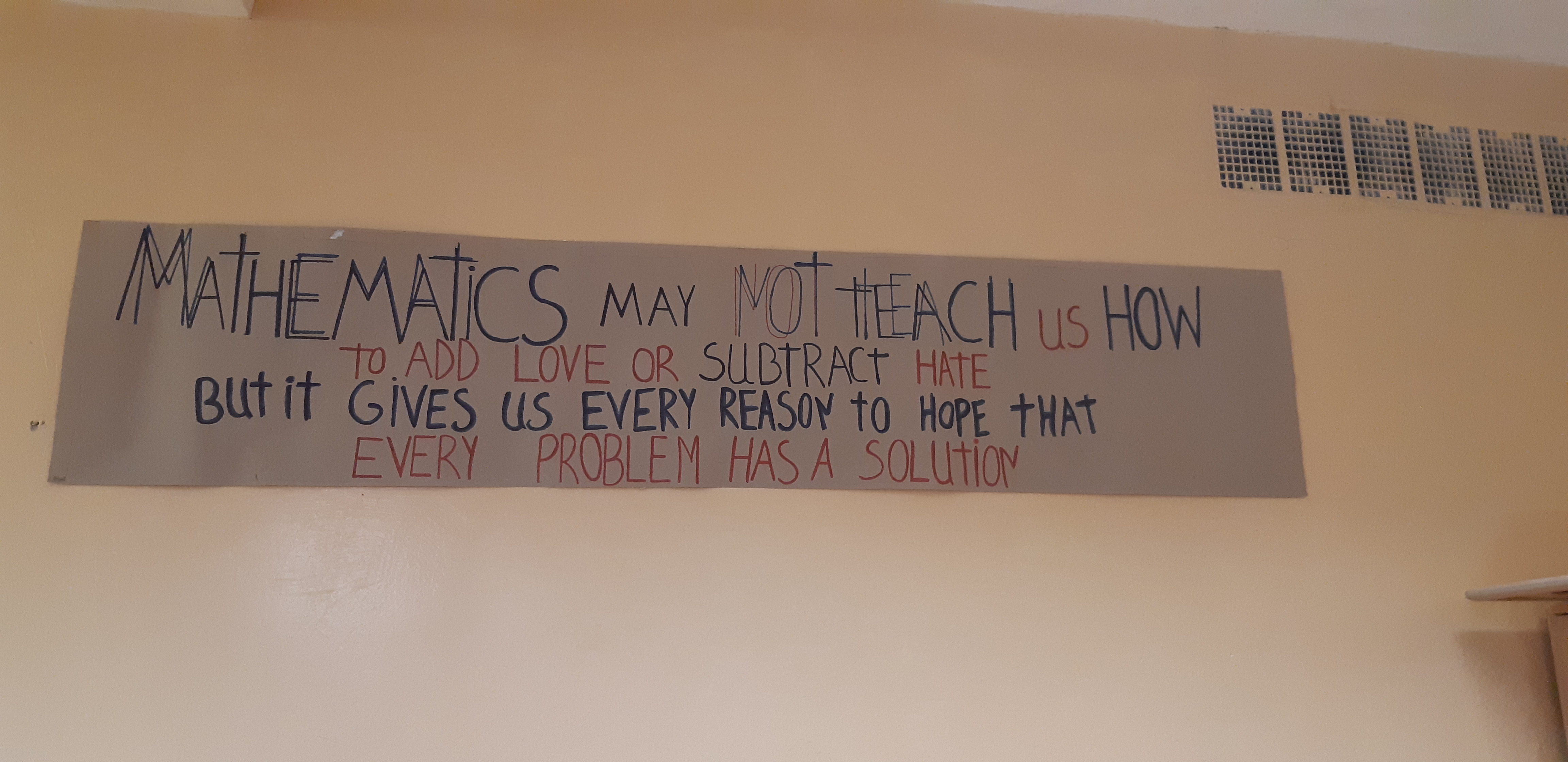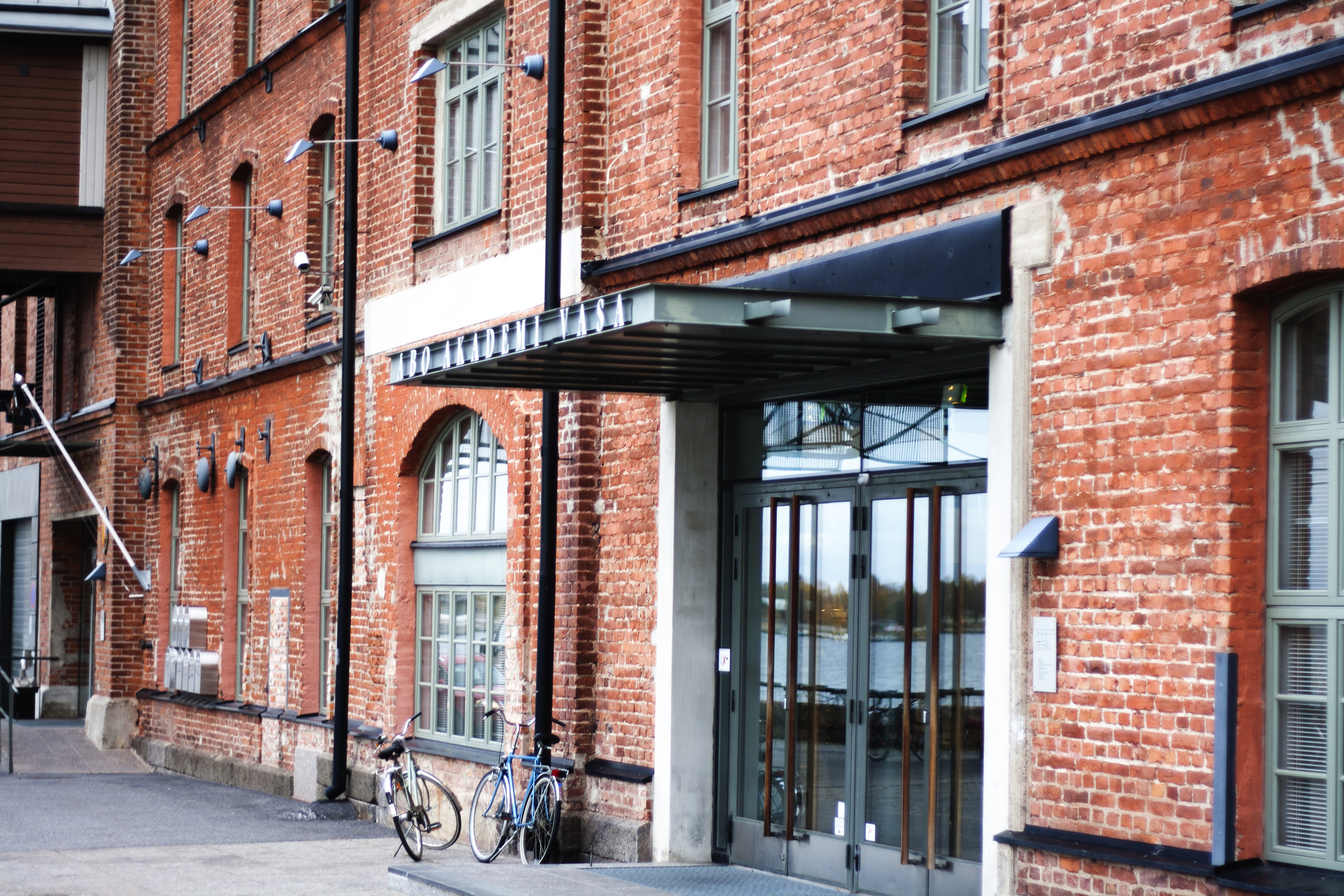Towards the Tower of Power
In 2018 some channels of informal communication from the Lithuanian Ministry of Education, Science and Sports suggested that plurilingualism will never be a priority in Lithuanian general education. Thus, it came as no surprise to the Lithuanian Listiac team to see how little linguistically sensitive teaching has been known, considered or discussed by any of the parties in education, from teachers to policy makers, let alone attempted to be implemented in practice. In contrast, the reality of the past few years has proved the growing need of LST in facing the emerging changes in linguistic diversity in the Lithuanian schools.












